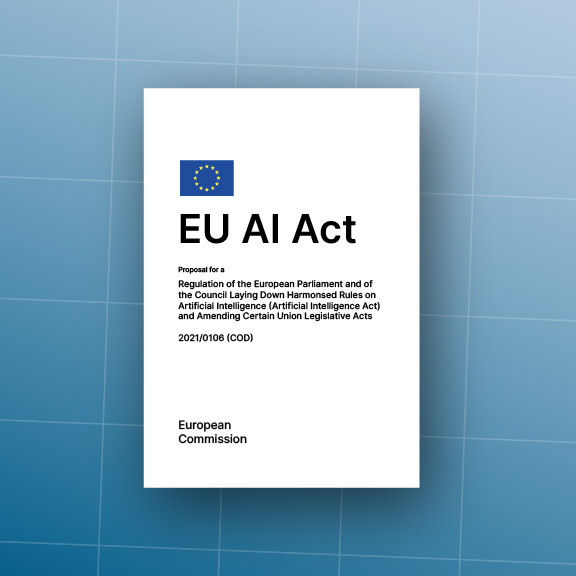The European Union’s (EU) pioneering rules on artificial intelligence (AI) are set to take effect in June, following the endorsement of a political deal by the bloc’s countries in December. This landmark legislation, the first of its kind globally, aims to address the challenges and opportunities presented by AI.
Key Provisions of the EU’s AI Act
- Transparency Requirements: High-risk AI systems will be subject to strict transparency requirements, ensuring accountability and trust in AI decision-making processes.
- General-Purpose AI Models: Rules for general-purpose AI models will be less stringent, striking a balance between innovation and regulation.
- Biometric Surveillance: The use of real-time biometric surveillance in public spaces will be restricted to specific cases, such as preventing terrorism, investigating serious crimes, and locating suspects.

Global Implications
The EU’s AI Act is poised to set a global benchmark for AI regulation, influencing the development and deployment of AI technologies worldwide. This legislation demonstrates the EU’s commitment to responsible AI development, ensuring that the technology benefits both society and the economy.
Official Statement
Belgian Digitization Minister Mathieu Michel hailed the EU’s AI Act as a “landmark law” that addresses a global technological challenge while creating opportunities for societies and economies.
The implementation of the AI Act in June will mark a significant milestone in the regulation of artificial intelligence, shaping the future of AI development and deployment in the EU and beyond.




















